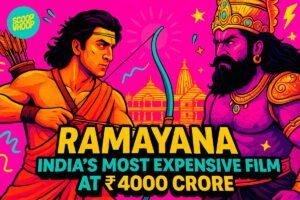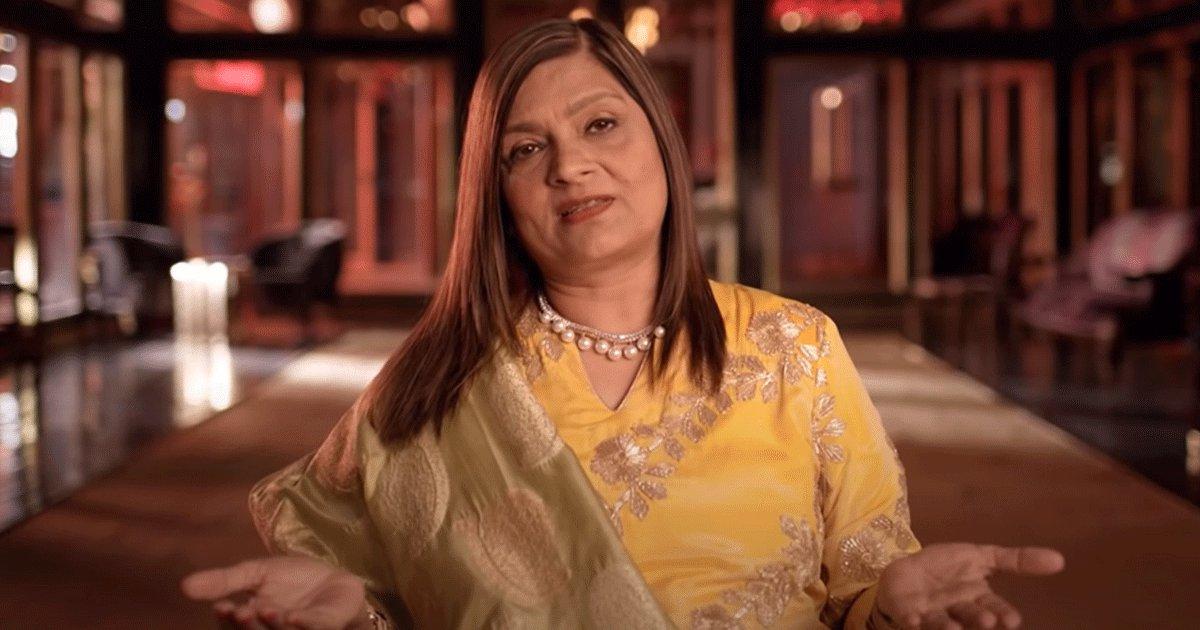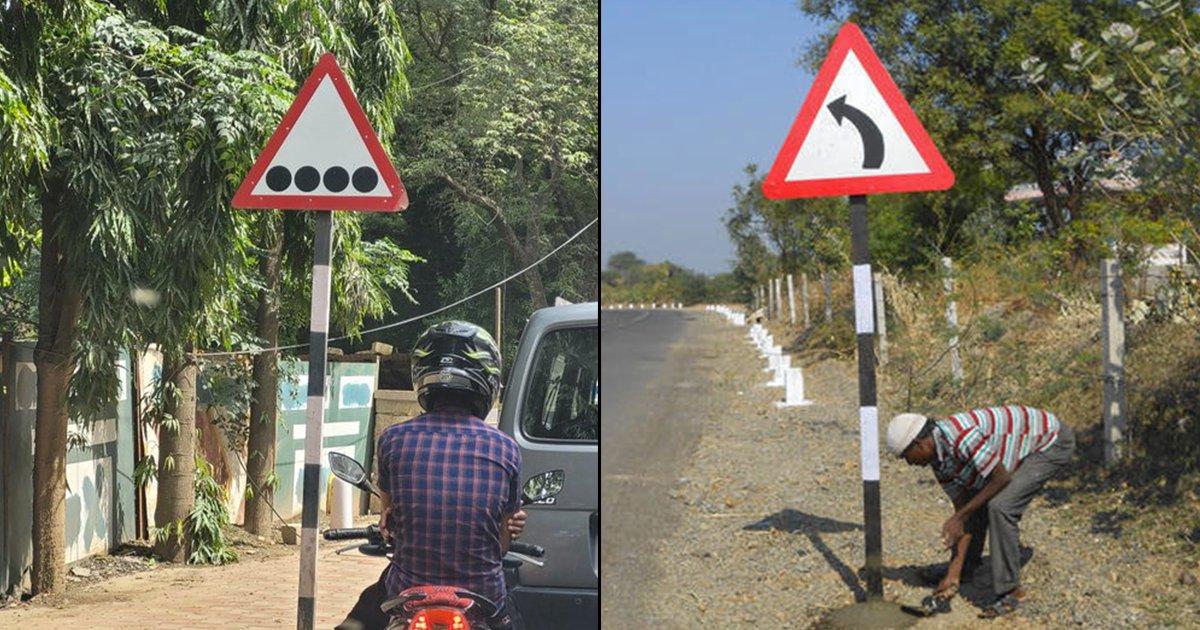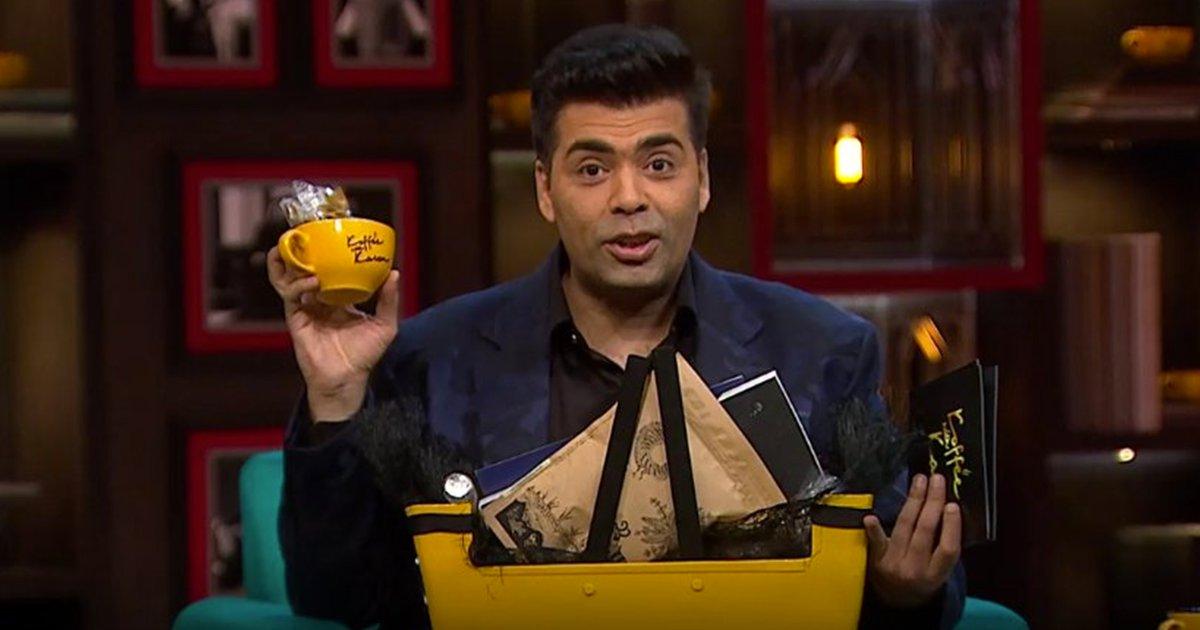The Ramon Magsaysay Award Foundation announced its awardees on Wednesday and the list includes two Indians – Carnatic singer TM Krishna and human rights activist Bezwada Wilson.
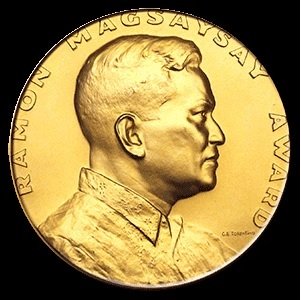
Here’s why the two have won the prestigious Asian award that is given annually and named after former Philippine President Ramon Magsaysay.
The award is “to honour “greatness of spirit in selfless service to the peoples of Asia”, says the website.
- Bezwada Wilson
- He is the national convener of Safai Karmachari Andolan, launched in 1993, an organisation that works for manual scavengers and their children.
- The award’s website says Wilson was born in a Dalit family that had been engaged in manual scavenging for generations.
- He, however, was spared the labour and even went on to become the first in his family to pursue higher education.
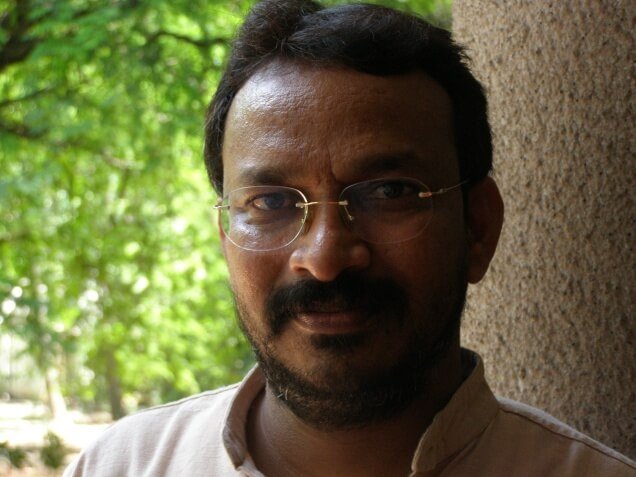
- In 2005, he undertook a mass latrine demolition drive across the state of Andhra Pradesh, and brought to the fore the occupational violence faced by female scavengers
- In 2010, SKA led an India-wide march for the total eradication of scavenging. Again in 2015, he undertook a 125-day bus journey across 30 states to mobilise the public against manual scavenging
Listen to him speak here:
The citation for the award says: “Wilson is receiving the award for his moral energy and prodigious skills in leading a grassroots movement to eradicate the degrading servitude of manual scavenging in India, reclaiming for the dalits the human dignity that is their natural birthright.”
- Thodur Madabusi Krishna
An acclaimed carnatic musician, who is known for taking the tradition to “lower classes”
- As per the award’s website, TM Krishna was born in 1976 to a privileged Brahmin family in Chennai and was trained from the age of six in the aristocratic carnatic music under masters of the form
- He saw that his was a caste-dominated art that fostered an unjust, hierarchic order by effectively excluding the lower classes
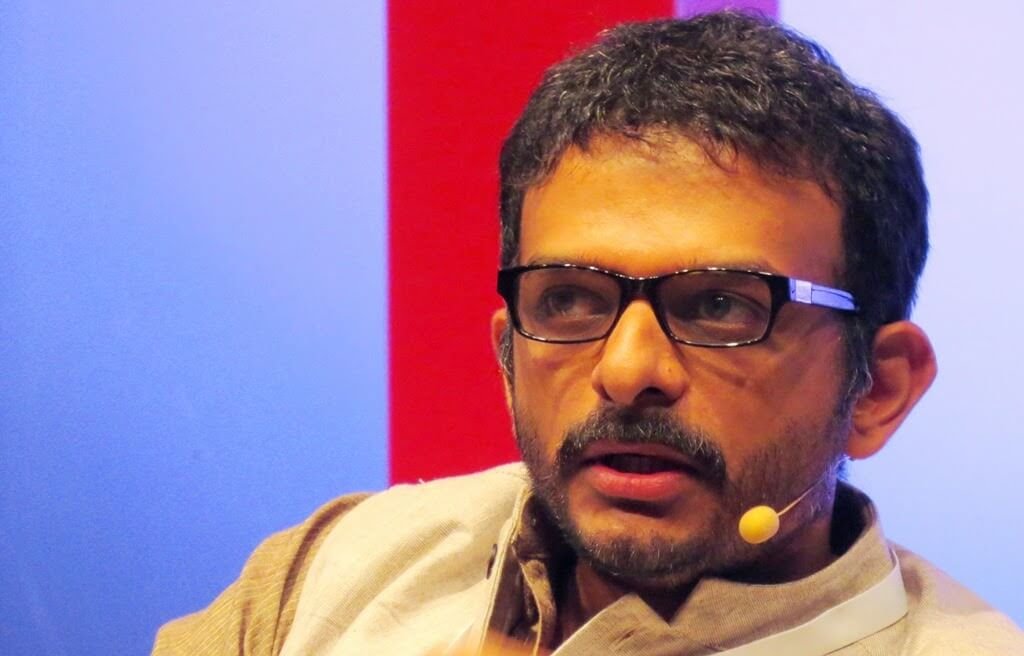
- He refused to sing in ticketed events at a famous, annual music festival in Chennai to protest the lack of inclusiveness.
- In 2004, Krishna and a colleague created Sumanasa Foundation, that identified gifted, rural youth who lacked the opportunities to develop their talent
- From 2011 to 2013, Krishna toured war-ravaged northern Sri Lanka, the first carnatic musician to tour that region in three decades, to hold festivals for promoting “culture retrieval and revival” in that country
Watch a performance here:
The citation says Krishna is receiving the award for his forceful commitment as artist and advocate to art’s power to heal India’s deep social divisions, breaking barriers of caste and class to unleash what music has to offer not just for some but for all.









